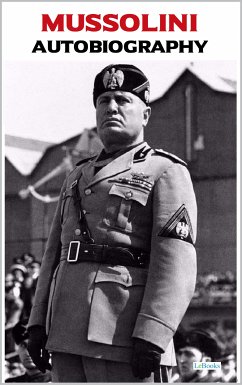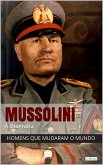The Autobiography was first published in 1928, during Mussolini's reign as the dictator of Italy. The book was written as a means of promoting Mussolini's image both within Italy and abroad, presenting his life story and political ideology from his own perspective. The autobiography provides a narrative of Mussolini's life from his humble beginnings to his rise as the leader of Italy. It covers key events such as his early involvement in socialism, his break with the socialist movement, and his role in World War I, which he credits with shaping his nationalist beliefs. The book also details his founding of the Fascist movement, the March on Rome, and the establishment of his dictatorial regime. Mussolini uses the autobiography to justify his actions and to present himself as a strong, visionary leader who saved Italy from chaos and decay. The book is filled with propaganda, aimed at reinforcing the fascist ideology and Mussolini's image as "Il Duce." It reflects his belief in authoritarianism, the importance of the state, and his disdain for democracy and liberalism.
Dieser Download kann aus rechtlichen Gründen nur mit Rechnungsadresse in A, B, BG, CY, CZ, D, DK, EW, E, FIN, F, GR, H, IRL, I, LT, L, LR, M, NL, PL, P, R, S, SLO, SK ausgeliefert werden.









